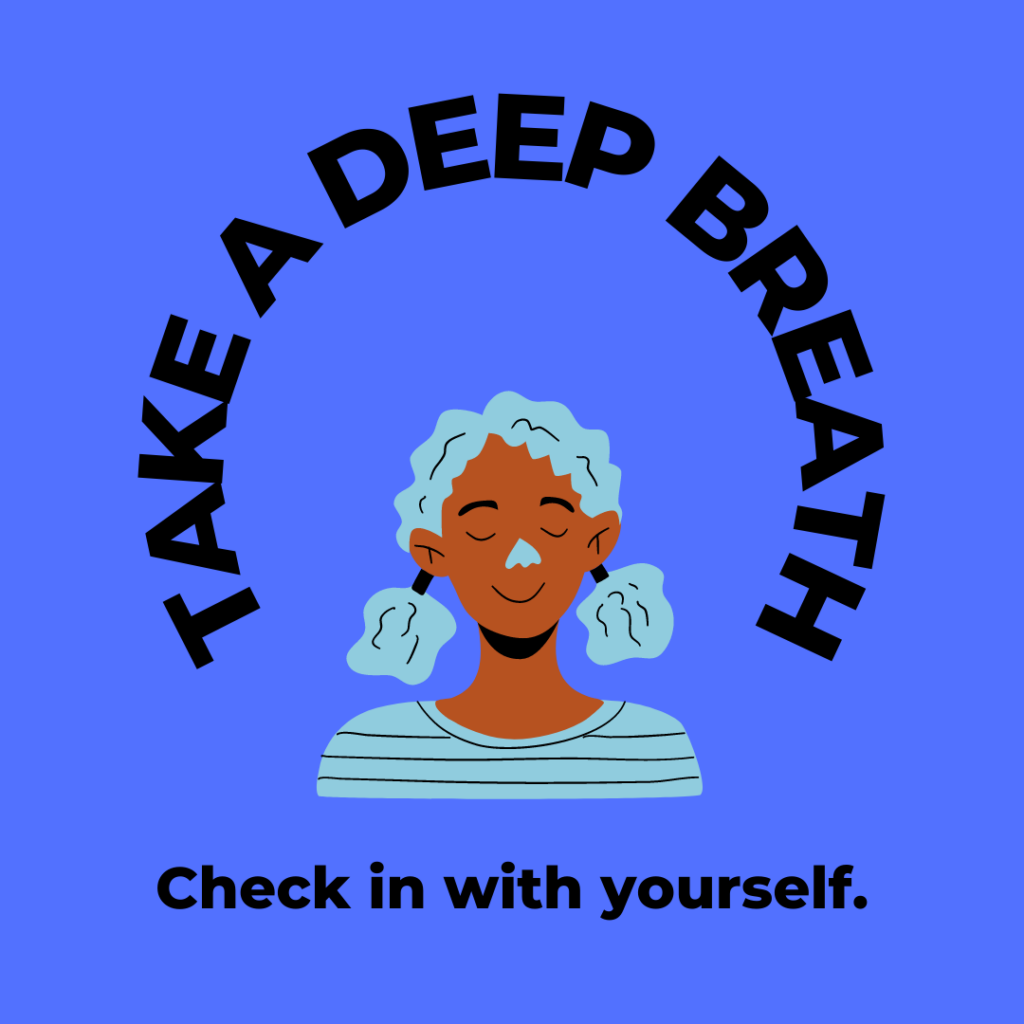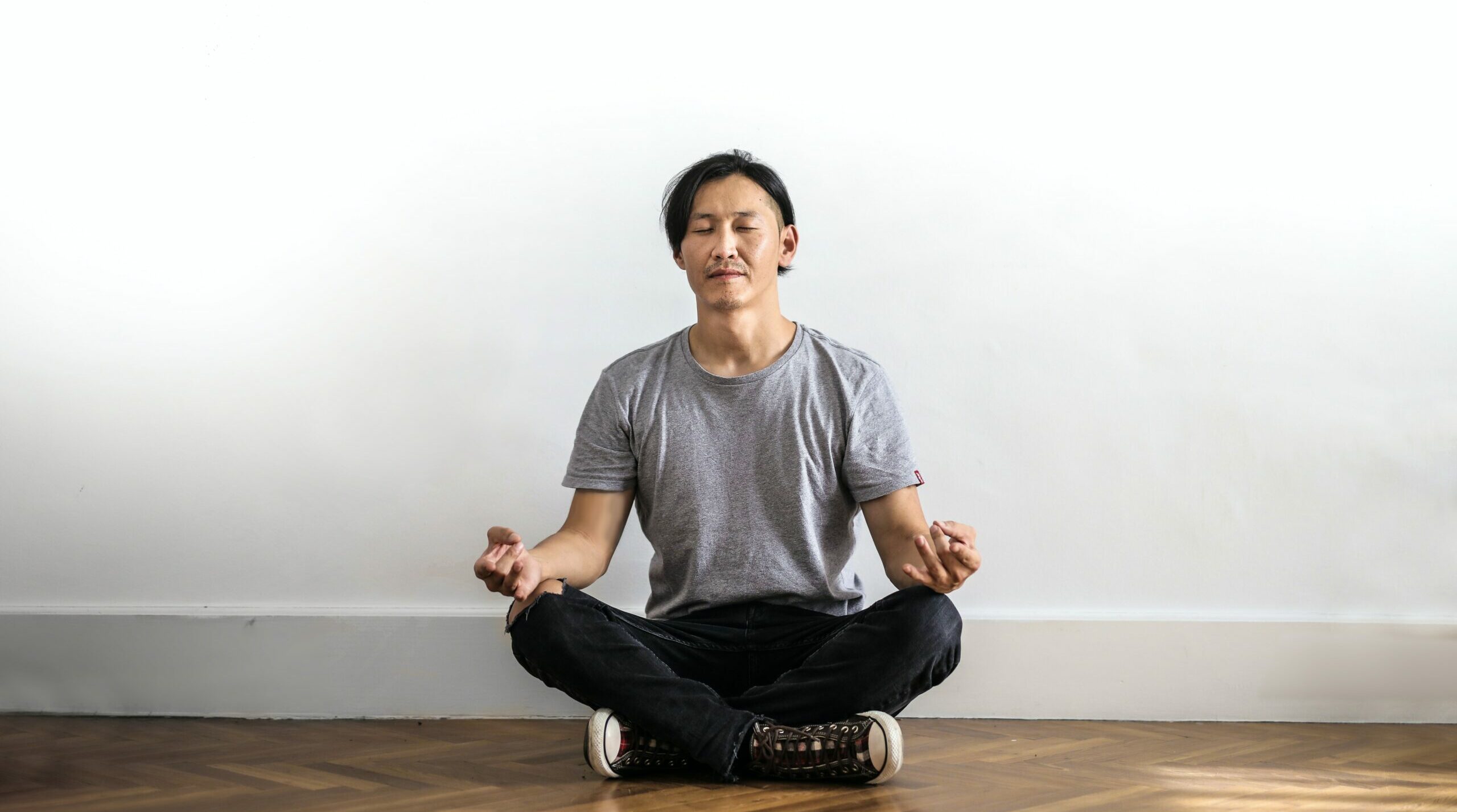Meditation can benefit you in lots of different ways, so we’ve put together a quick ‘how to’ guide on learning to tune out
At a first glance, you may think meditation seems like a load of rubbish. One reason for this is that society doesn’t tend to place too much emphasis on spirituality. But don’t let cynicism get in your way – mindfulness is having a real moment these days, and has been proven to be beneficial for mental wellbeing.
Allow your mind to open, learn to meditate and improve your mental well-being.
Where do I begin?
There is a common misconception that in meditation you’re supposed to think of nothing. You may have already found that as soon you try forcing your brain to think of nothing, you end up in a spiral of thoughts: What is nothing? How do I stop thinking? This is impossible! What should I have for dinner?

Being forceful only results in a flurry of thoughts, probably leaving you more stressed than to begin with! Instead, try this:
🤫 Find a quiet moment in your day. Meditating first thing in the morning is a good way to start the day off right.
🧘 Make sure you are in a comfortable position and somewhere you won’t be disturbed.
🔕 Take note of any noises around you and how your body feels.
😮💨 Start focusing in on your breathing. Some people find it helpful to count: 1 in, 2 out, 3 in, 4 out…
💭 If a thought pops up (and it most likely will), don’t panic and force it away. Acknowledge it, but don’t interact with it. Then turn your attention back to your breath.
But my brain still won’t shut up!
Don’t worry – meditation is something that improves with practice. Our brains are used to being noisy, and they might not understand what you’re aiming for straight away. Be patient, and keep bringing your attention back to your breath. To start with, meditate for 2 minutes at a time. You can increase the time with your practice.
Guided meditations
There are loads of guided meditations available online. Search ‘meditation’ on YouTube, and have an explore. With time you’ll find which style works for you. There are also multiple apps centered around mediation, such as Headspace, which you can access online or on your phone, and comes with a free trial. You can get a taste of guided meditation in this video from Headspace.
There’s an analogy a counsellor brought to my attention, which is known as the acorn principle. It compares you to an acorn, which follows a distinct template to turn into an oak tree over the course of its existence. The idea is that we also have a template for our ultimate being, our oak tree, but we allow negative energy to block the signal, so that we’re unable to become that template. Meditation will help you to reach that template, and become your best self.
So go on then, give it a go!
Other support
- How to deal with stress
- 10 tips for achieving relaxation
- YoungMinds – How I practise mindfulness to improve my mental health
- NHS – How to meditate for beginners
- Headspace – Meditation for beginners
Read more
Last Reviewed 19 July 2023
Image Credit: Andrea Piacquadio via Pexels



